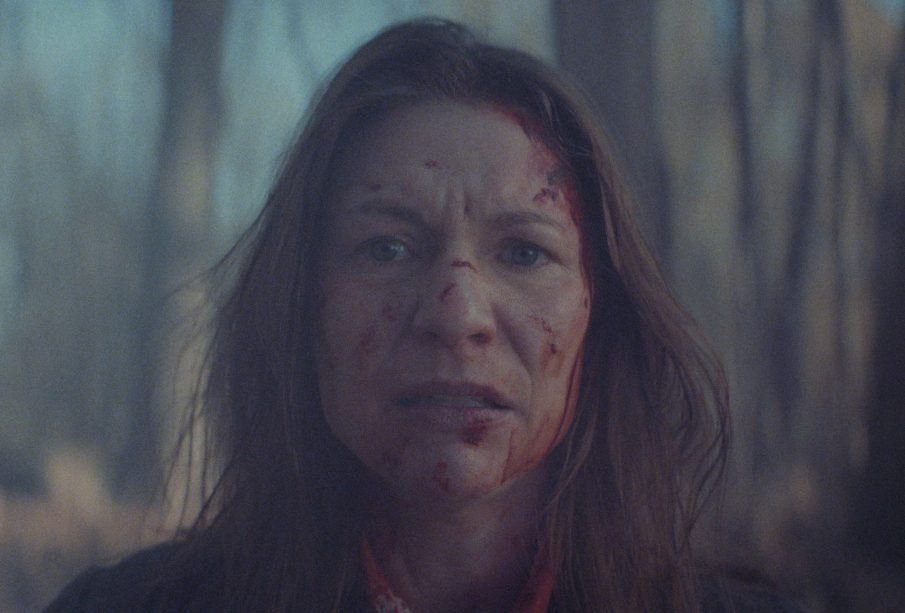The Beast in Me: Navigating Inner Conflicts

Introduction
The phrase ‘the beast in me’ often resonates with individuals striving to confront their inner demons and personal struggles. This notion has gained particular relevance in today’s society, where discussions about mental health and self-awareness are increasingly prevalent. Understanding this ‘beast’ can lead to greater self-acceptance and personal growth, highlighting the importance of facing one’s challenges head-on.
The Concept of the Beast
Historically, the term ‘beast’ has been used symbolically to represent various aspects of human nature, including rage, fear, and insecurity. In psychological contexts, the ‘beast in me’ can refer to repressed emotions or unresolved conflicts that manifest in unhealthy behaviours. Recent studies indicate that acknowledging and addressing these inner beasts can greatly enhance our mental well-being.
Current Events and Cultural Reflections
In a recent survey conducted by mental health organisations, 45% of respondents reported feeling overwhelmed by negative emotions at least once a week, highlighting the commonality of the internal struggle. This alignment with popular culture, including music and literature, reflects a growing trend where artists encapsulate the ‘beast’ concept in their works. Notable artists, such as Johnny Cash and various contemporary musicians, have metaphorically discussed their own struggles, enabling listeners to connect and reflect on their own challenges.
Facilitating Discussion and Support
Social media platforms have also played a significant role in fostering open dialogues about these personal battles. Hashtags like #TheBeastInMe have emerged, where individuals share their narratives, offering support and solidarity. This shift shows a vital cultural change towards embracing vulnerability rather than shunning it.
Conclusion
As we continue to navigate our personal journeys, recognising the ‘beast in me’ becomes essential for personal development. It encourages introspection and the acceptance of all facets of our character, leading to healthier coping strategies and improved mental health. By fostering a culture of understanding and support, we can transform our relationship with our inner beasts into one of empowerment and growth.









